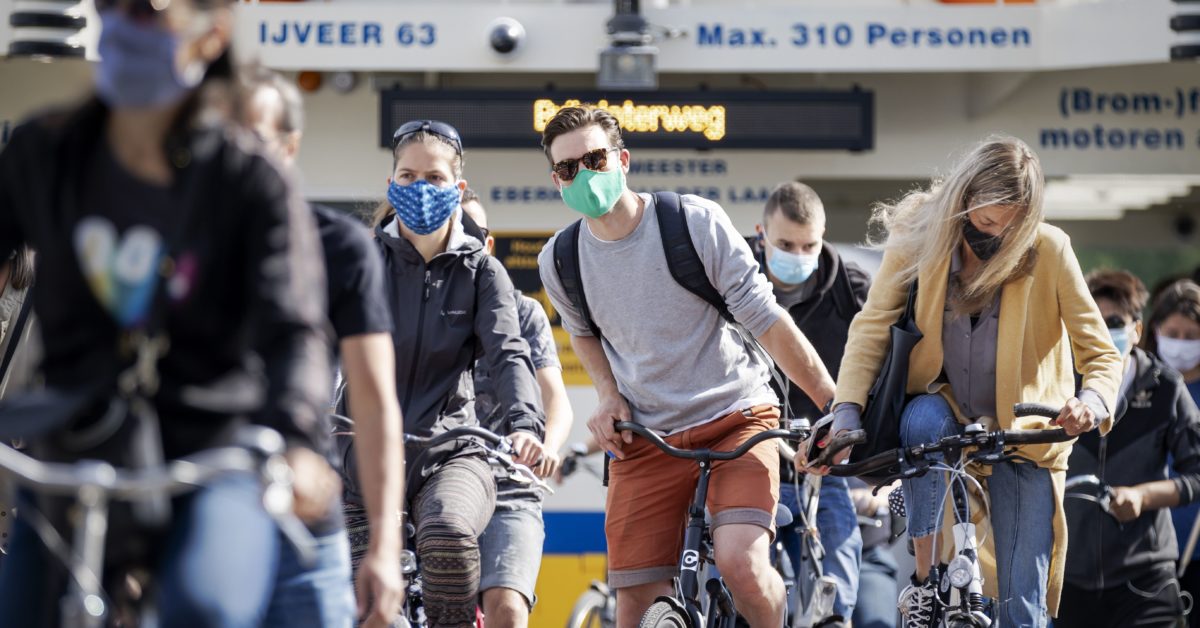LONDON — British scientists have found that antibody levels in those who have had COVID-19 fell by around 26 percent over three months, raising questions about long-term protection from the virus.
Latest data from the REACT2 study, published Tuesday, showed that in a random sample of more than 365,000 adults in the U.K. from June to September, of the more than 17,500 who tested positive, the presence of antibodies fell in subsequent tests for all age groups.
“We know seasonal colds can reinfect people every six months,” said Wendy Barclay, head of infectious disease department at Imperial College London, in a video call with journalists Monday. She added that COVID-19 shows a similar profile.
Asymptomatic cases had a more rapid decline in antibodies, according to Helen Ward, professor of public health at Imperial College London. Younger people had a higher level of antibodies and a slower decline, while older people had a lower level of antibodies to begin with.
“We don’t yet know what level of antibody is needed in a person’s blood to prevent reinfection,” said Barclay. This was “critical to understand,” since vaccines were being developed to generate an immune response, she added.
In Germany, the country’s top virologist is looking into whether antigen tests could form the next part of the solution in its public health strategy to manage the virus.
Christian Drosten told a World Health Summit online discussion Monday that antigen testing could be the next tool in combating rising rates of COVID-19.
He said that Germany’s introduction of mass PCR testing — which indicates whether someone currently has coronavirus but is slower than antigen tests — very early in the pandemic had a significant and lasting effect at dampening infection rates. As rates rise again, antigen testing could be used in those who had previously had positive PCR tests for coronavirus to predict when populations are again at risk.
“So we could develop a working hypothesis in public health,” he said. “A negative result of [an] antigen test predicts a waning of infectability in a patient.” This “absence of infectivity” is a crucial diagnostic tool in public health, he added.
CORRECTION: This article has been updated to correct the type of tests Christian Drosten is looking into.



















